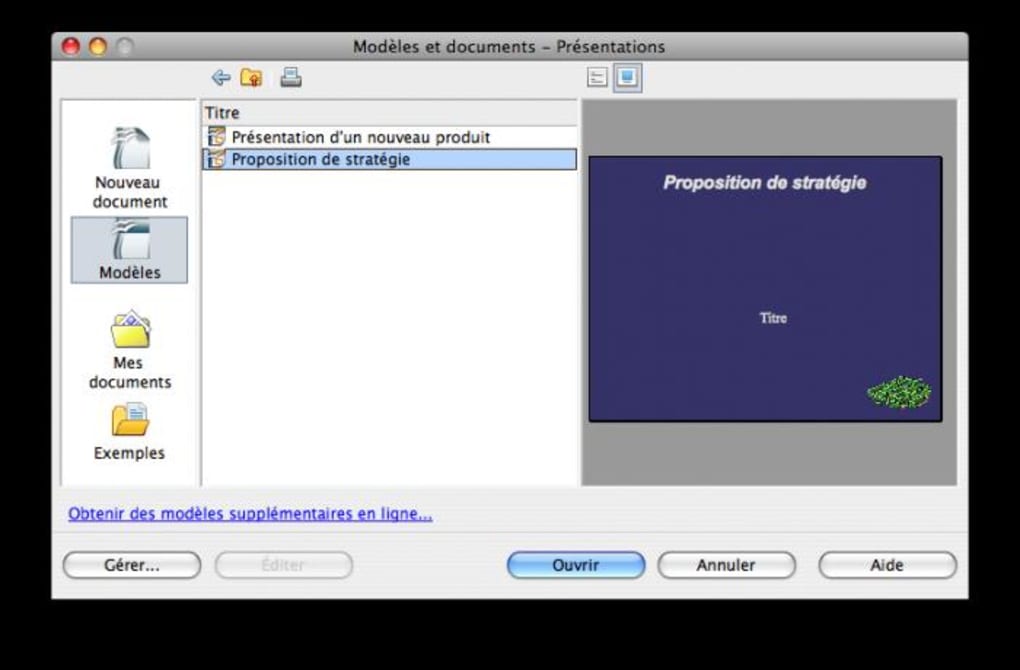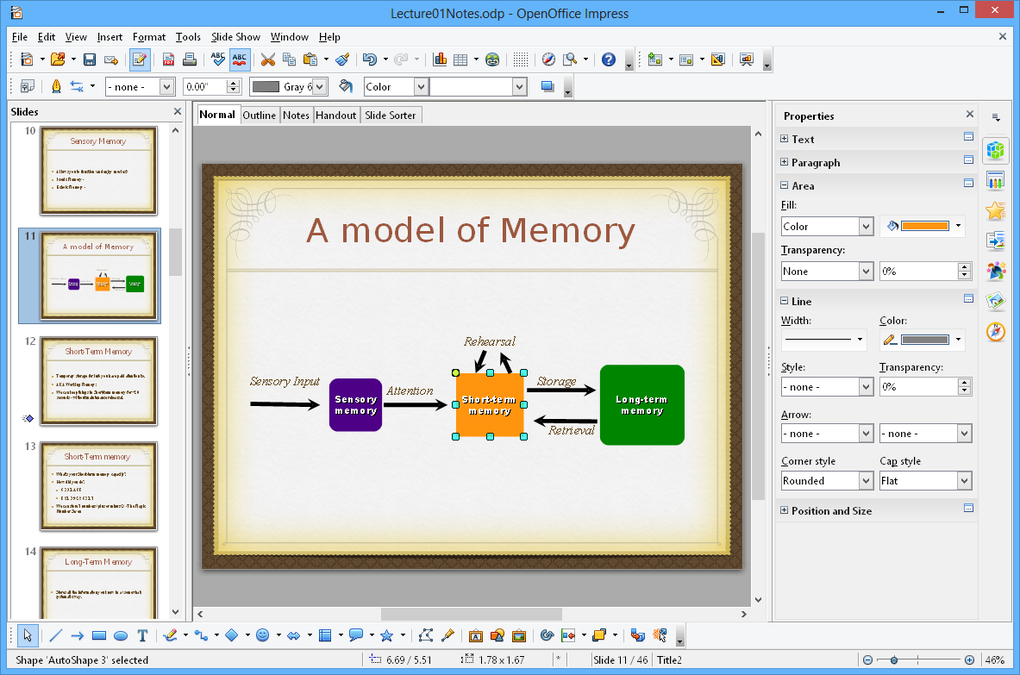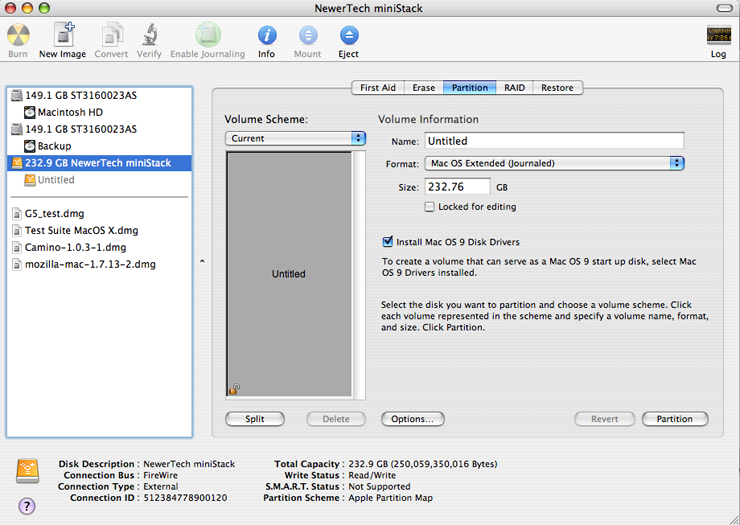

- #Open office mac os x ppc how to
- #Open office mac os x ppc full
- #Open office mac os x ppc software
- #Open office mac os x ppc code
- #Open office mac os x ppc series
They contain PowerPC code and no Intel code. PowerPC: Aha! These are the droids we’re looking for. Universal: These are “universal binaries” that contain both PowerPC code and Intel code, so if you’re running Snow Leopard, which means you must be using an Intel-based Mac, they behave like Intel-native applications as far as you’re concerned. They are probably actively developed, though, so with luck any such glitches will be ironed out by their developers. They’ll probably continue to work reasonably well on Lion, though of course there can be glitches caused by the introduction of a new system. Intel: These are Intel-native applications. So why do you still have them around? Actually, a few of these applications are occasionally still important to me, and I run them using SheepShaver, as I explained in “ SheepShaver Brings Classic Mac OS to Snow Leopard” (23 October 2009). If you’re running Snow Leopard, or even Leopard on any Intel-based Mac, there is no Classic. What are you, some kind of sentimental wacko? These applications may have run under System 7 or as late as Mac OS 9, but under Mac OS X the only way they’ve ever run, if they’ve ever run, is in the Classic environment.

The column you’re most interested in right now is the Kind column (you can drag it to the left to move it next to the Application Name column, if that makes parsing the results easier). When System Profiler finally finishes, your applications will be listed, along with several columns of information about them. System Profiler is going to walk through all mounted hard disks looking for applications, and if you’re anything like me, it’s a long walk (a big disk containing a lot of applications). Now go make yourself another espresso from your handy-dandy Pavoni Napolitana, because it could take a while for anything to appear in the window.
#Open office mac os x ppc software
Now, under Software (click the triangle to open it if necessary), select Applications.
#Open office mac os x ppc full
For the fullest display of categories, choose View > Full Profile. System Profiler displays its information in three categories, listed in a pane down the right side of its window: Hardware, Network, and Software. Even faster, Option-click the Apple menu and choose System Profiler directly. This application resides in your /Application/Utilities folder, but there’s a shortcut choose About This Mac from the Apple menu, and when the dialog appears describing your system and hardware, click the More Info button to launch System Profiler. The easiest way to learn that is through System Profiler. To find out, you need to know what PowerPC-only applications you currently depend on. What might the loss of Rosetta mean to you? And suppose, for the sake of even further argument, that Lion lacks Rosetta. But suppose, just for the sake of argument, that you become interested in upgrading to Lion. Your favorite applications will still be your favorite applications. Your current hardware won’t refuse to boot. No bad thing will happen to your Mac the day Lion goes final. The rumor, which has become as loud as a roar, is that Mac OS X Lion will not support Rosetta. In Snow Leopard, the first Intel-only version of Mac OS X, Rosetta wasn’t installed by default it would be downloaded and installed automatically the first time a PowerPC application launched, but the hand was already writing its ominous message on the wall. Now it was PowerPC that was emulated, using Rosetta. Snap! When Macs started relying on Intel processors, support for Classic was dropped. Snap! When Mac OS X came along, all applications had to be rewritten, except for the lucky ones that could operate correctly inside the Classic emulator. The 68000 processor was dropped then the whole 68K processor family was superseded by Macs using PowerPC processors.
#Open office mac os x ppc series
It’s more like a series of rubber bands that get stretched to the breaking point and eventually snap. The history of Mac development is not like a plant that grows and branches and produces leaves and flowers. #1604: Universal Control how-to, show proxy icons in Monterey, Eat Your Books cookbook index.


#1605: OS updates with security and bug fixes, April Fools article retrospective, Audio Hijack 4, 5G home Internet.#1606: Apple's self-sabotaging App Store policies, edit Slack messages easily, WWDC 2022 dates.#1607: TidBITS 32nd anniversary, moving from 1Password to KeePass, pasting plain text, Mail fixes anchor links, RIP Eolake.
#Open office mac os x ppc how to


 0 kommentar(er)
0 kommentar(er)
